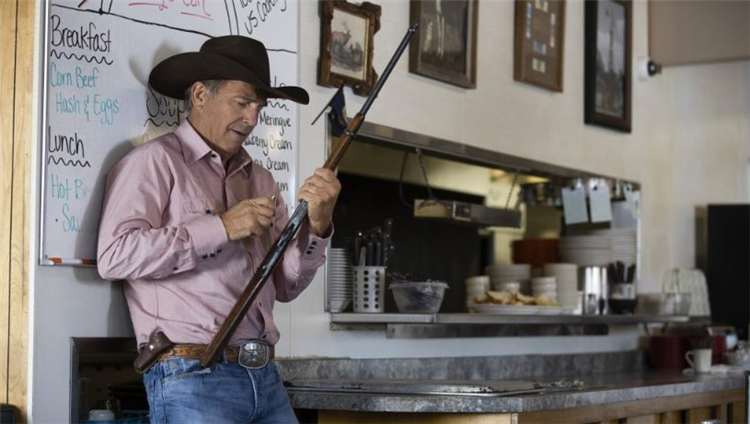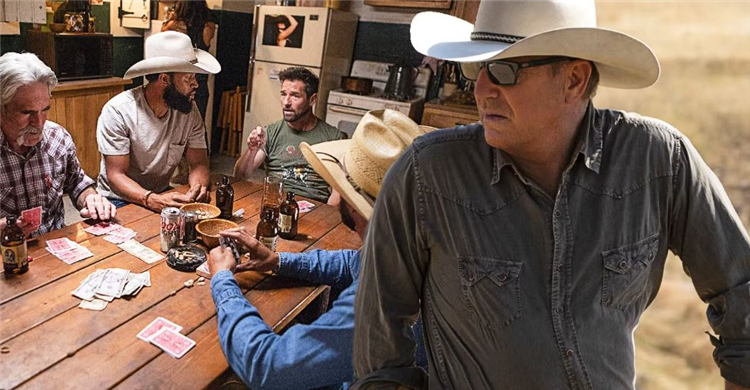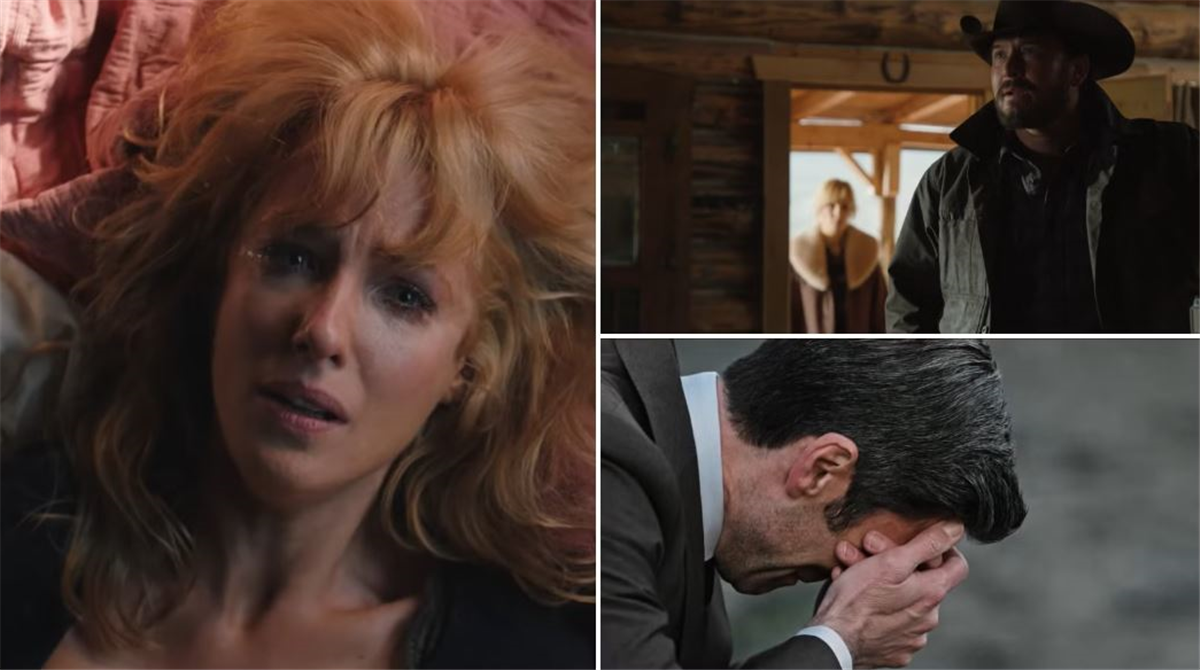What many viewers missed about John Dutton’s death in the final season of Yellowstone was that he was “The Big Bad” and it needed to happen.
Yellowstone has ended. Reactions to the second half of the final season have been mixed with the loss of Kevin Costner before it began, and Taylor Sheridan had to write around it. John Dutton is dead, and the land he fought so jealously to keep has been lost. This was the inevitable outcome the series has been leading to since the beginning. And for all the complaints that John’s death unbalanced the pace of the story, it enabled a happy ending for the surviving characters other than the worst transgressors against him and his family. And it brought home the biggest point of the series: John Dutton was always “The Big Bad.”
John Dutton was a Gangster

Yes, Yellowstone felt different without the presence of Kevin Costner at its center with the story and the rest of the cast having to take up the slack, but it was always Sheridan’s plan from season one that John was always going to die and the land would go back to the tribes. If Costner had stayed through the final season, he would probably have been in more episodes, and his murder would likely have occurred later rather than right at the start of the second half of the final season with a body double standing in. Costner originally only signed on to be in the first season of Yellowstone seven years ago, but it was such a success that he agreed to stay for the rest of the series. His movie star gravitas grounded the series, and Sheridan used his movie star hero persona to fool audiences into forgetting that John Dutton was always the bad guy. He was a gang boss who trained his children to become his army at war with the rest of the world. His cause was both noble and selfish, to protect the land from big corporations who would destroy it to build hotels, shopping malls, and houses for rich people from the coasts, but he was also jealously hoarding it for his family and withholding it from the Indigenous tribes who originally lived on it. He was going against his grandfather James Dutton’s promise in 1883 to return the land to them in seven generations.
John Dutton Turned Yellowstone into a Cult
John Dutton turned the Yellowstone ranch into a cult, and that kept his children as its prisoners. He had his employees branded. Fighting for the land got his oldest son killed, and his surviving son and daughter hated the ranch so much that Kayce went to war to get away from it, only to come back with PTSD and the skills of a stone killer that ironically made John see him as a weapon to protect their heritage. Beth agreed to fight for it because she was loyal to him. Neither of them wanted to inherit the land, and only his adopted son Jamie wanted to keep it so he could profit from it. while he said he wanted to leave the ranch to his grandson, Tate took after his father, Kayce, and preferred to live with his parents on tribal land.
John Dutton’s Death Set Everyone Free

John Dutton’s enemies were worse than he was. They were greedy tycoons and soulless corporations who used white supremacists and assassins against him, which made him look like the good guy in comparison, but he was as much a murderer as they were. When they finally got him, it ironically set his children free and set Yellowstone free. It enabled Beth and Kayce to get rid of the land by selling it back to the tribes. That they have pledged to use conservation laws to keep the land unspoiled means – on the one hand, he succeeded in keeping the land away from greedy corporations, but he has lost it. Then again, Yellowstone was never meant for him to keep forever. His death resulted in a long-delayed justice for the Indigenous people and the land and freedom for his children and grandchildren. John Dutton saw himself as the good guy fighting against corporate greed and he did terrible things, and many viewers also thought he was the good guy. In the end, he loses, but so does corporate greed. Yellowstone is a uniquely tragic and subversive American saga that’s Shakespearean in scope.
